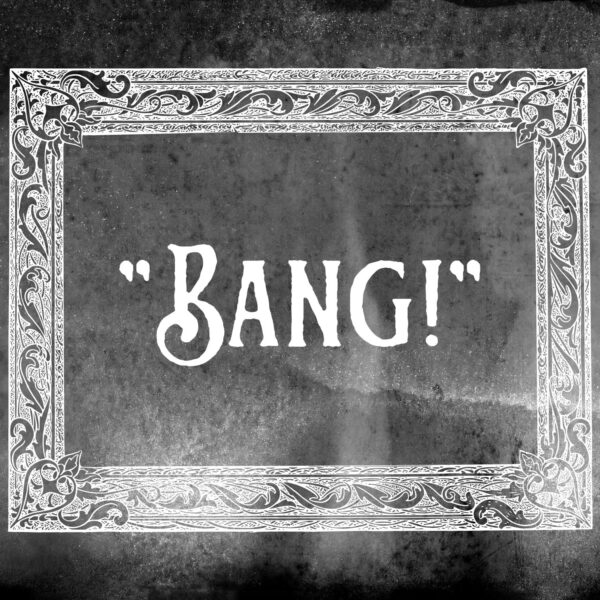The Intersection of CAT and TCM
Language is artistic. Language is complex. It’s fluid and active from a cultural standpoint, yet formulated and mathematic from a grammatical standpoint.
As a language service provider, TLC must often navigate that conflict—honor our 100-plus languages’ versatility and expression while providing concise, accurate information.
In a 2008 NPR article, translator Julie Rose reflected on the process of translating Victor Hugo’s classic, Les Miserables. She said she experienced an internal struggle—should she adopt an artistic process in her translation, or simply do her best to provide a literal representation of Hugo’s work? Maybe she could find a balance between the two?
In other words—to self-interpret, or not to self-interpret?
According to the article, Rose and other translators who were in her position have formed a sort of empathic relationship with their translations.
As a self-professing psychology and acronym nerd, I will call this the “translator’s coping mechanism”, or TCM.
In TLC’s work with translators, the TCM manifests itself like this: Translators who arose BCAT (Before Computer-Assisted Translation—yes, another acronym, I apologize) understand the artistic process of translation, which can bring with it room for self-interpretation. Translation and linguistics courses are taught as humanities courses in formal academic settings, after all.
And now, some of these wildly-talented and exceedingly intelligent linguistic gods (that’s you, translators and linguists) face a potential defeater—the CAT tool.
So, how do translators develop a TCM when faced with this conflict?
That’s where TLC’s in-house staff comes in.
The staff strives to preserve the dignity of classical translation while acknowledging the value of technology that CAT tools provide—errors, frustration and all.
All of us are either a) native speakers of the languages we translate, b) formally trained in language or c) both (Owner and CEO Hana Laurenzo is probably our brightest example of this).
Needless to say, we love language. We eat, sleep and drink it, and we wouldn’t have it any other way. Our collective love for and appreciation of language fuels our desire to uphold its artistic tradition while providing quality service to our clients.
And, due to the progression of the language service provider industry, the latter requires CAT tools.
Having said this, TLC’s in-house staff is, in fact, a resource center of sorts.
Do you have a question about a CAT tool? Do you want to learn how to use a CAT tool, but are afraid to ask because you’re not confident in your technological knowledge? Do you just have a translation- or language-related worry that you would like to express?
Let us know—we can empathize, and we have also had to undergo the TCM formation process.
Translate on,
Wyatt




